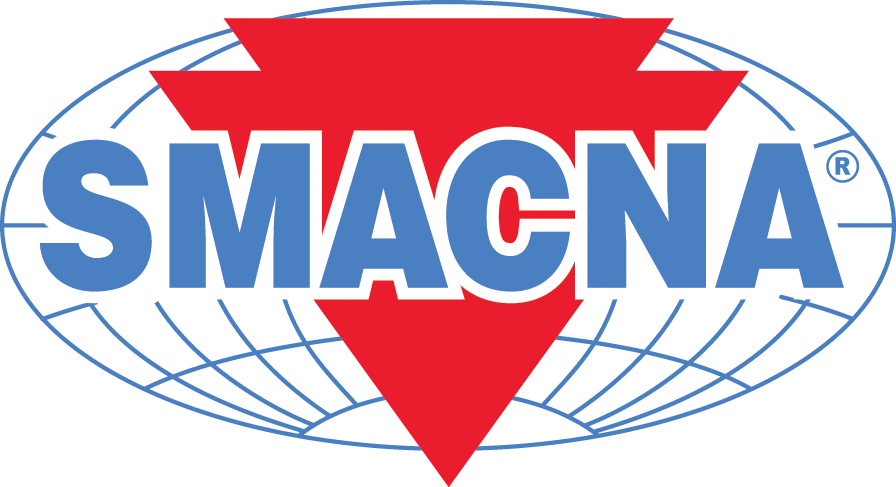The Harder Work: Leading Toward a Preferable Future
Without a compelling vision, leaders often feel they are alone and on their own, the only one pedaling while everyone else is along for the ride. It can be crushing and leads to bitterness and resentment toward employees.

Ron Magnus
It’s unfortunate that a lot of useful business words and phrases get worn out from overuse — words like synergy, low-hanging fruit, getting granular, ideation — you’ve heard them all, too. Consultants are the worst. In my world, these buzzwords get sprinkled into conversations like too much salt.
One of those salty words is vision. Every celebrity CEO is introduced as a “visionary.” “What’s your vision?” is often used to simply mean, “How’s work going?”
The word has lost its currency. And that’s regrettable, because I believe vision, properly defined, is one of the most powerful tools a leader can wield.
A simple working definition of visionary leadership is “the ability to imagine, plan for and lead people toward a preferable future.” If everyone across the organization is clear about where we’re going, it’s amazing how much more consistently we move in that direction.
Some leaders do this intuitively and don’t even think of it as being visionary, while others use all the buzzwords and have the PowerPoints and spreadsheets but aren’t actually headed anywhere. As one leadership guru used to say, “He who thinks he’s leading but has no one following, is just taking a walk.”
If we look honestly at our industry, we would surmise that vision is not essential to being successful, at least in the short-term. Lots of companies achieve some financial success with an opportunistic approach to finding and executing work. Perhaps that’s one of the reasons that the majority of privately held businesses don’t survive beyond the founder’s generation.
We’ve seen that over the long-haul, those companies that do the hard work of identifying a preferable future and then drive toward it with relentless focus (taking detours when necessary), will almost always outperform their rivals.
Without a compelling vision, leaders often feel they are alone and on their own, the only one pedaling while everyone else is along for the ride. It can be crushing and leads to bitterness and resentment toward employees.
In contrast, visionaries build a loyal band of supporters who want to give their time and effort to something meaningful, something beyond a paycheck — supporters who will recruit others to join the cause. There is no more powerful way of tapping into that basic human desire to be part of something bigger than ourselves than casting a compelling vison.
I don’t think most people really plan to give their life’s work to doing the same old thing, year after year, until they die. But the initial catalyst for doing the work it takes to break out of the rut gets overshadowed by the urgency of the immediate.
Do you feel that itch to take your organization somewhere beyond where it is today? A new size, new market, new strategy, new identity? Why is it important to you? And just as important, why would it be important to anyone else? (If making more money is your only motive, don’t be surprised if other people yawn when you ask them to join you.) How could you create a mental picture of a future state that is so compelling, people are asking to join you on the journey?
There are companies within every industry that most people would love to work for. What will it take for yours to be one of them?
Published: June 29, 2021
IN THIS ISSUE
5 Ways to Reduce Administrative Burden for Office, Shop and Field Employees
Redundant work, convoluted processes and inefficiencies do more than cause frustration, they waste time and money, ultimately negatively affecting your business’s bottom line. Implementing construction technology to improve operations reduces
ARCHITECTURAL: Contractor Scores Big with Completion of New Big 10 Stadium
Before COVID-19 hit, the University of Iowa — a member of the NCAA Big 10, the oldest Division I conference in the United States — did a massive upgrade to the premium and club seating options in their new state-of-the-art college football stadium.
California Contractor Forecasts Pre-Aged Architectural Metals Trend to Continue
The use of weathering steel — so named because of its ability to quickly deliver the look of a metal that has been exposed to harsh elements — is also becoming popular in a region known for its lack of such weather: Southern California.
Choosing the Right Metal for Architectural Design
L. William Zahner clears up some of the common misconceptions about architectural metals in five-volume book series. Stainless steel will never corrode or rust. Aluminum is too expensive for many applications. And zinc is quick to deteriorate. L.
Contractors Embrace Upfront Strategies for Gaining Efficiency
Steve Otis, virtual design and construction supervisor with mechanical contractor Hermanson Company, offers a unique description of the business of construction.
Design-Build Delivers Best Possible Outcomes
Being an engineer and running a full mechanical contracting company, I appreciate the benefits of bringing together architects or engineers and different trades to discuss projects before they are on the jobsite.
HVAC: WSCC’s Summit Expansion a Peak Project for Contractor
The Washington State Convention Center (WSCC), the premier meetings and events facility in the Northwest, is doubling in size with its new Summit building in downtown Seattle.
INDUSTRIAL: Contractor Helps Grow Company’s Pharmaceutical Niche
January 8, 2021, was another proud day for everyone at Ernest D. Menold, Inc. The Lester, Pa., SMACNA contractor celebrated the successful completion of a 310-square-foot stainless steel platform for a Teva Pharmaceuticals manufacturing and research
Is an ESOP the Right Succession Plan Option for Your Company?
When planning the succession of your construction company, one of the first questions to ask is ‘How do I envision the company after my ownership exit? If your goal is keeping the company intact — and possibly retaining your leadership position —
Prevailing Wage, Buy American, Energy Efficiency and Labor Standards Efforts
RESIDENTIAL: SMACNA Contractors Feel at Home Providing Residential HVAC Services
At a time when many SMACNA members are not entering the residential market, these contractors say maintaining a homeowner-focused department is a smart business move.
The Harder Work: Leading Toward a Preferable Future
Without a compelling vision, leaders often feel they are alone and on their own, the only one pedaling while everyone else is along for the ride. It can be crushing and leads to bitterness and resentment toward employees.
Welcome New SMACNA Members
New SMACNA members as of June 2021.


